The journey into parenthood is a mix of joy and daunting challenges, not least of which is the significant loss of sleep. New parents face nights fragmented by the sounds of their newborn’s cries, leading to an average loss of three hours of sleep each night during the baby’s first year.
Sleep deprivation can have profound effects on physical and mental health, underlining the need for effective solutions. The quest for those solutions has led to an intriguing frontier: the use of artificial intelligence.
AI to the Rescue?
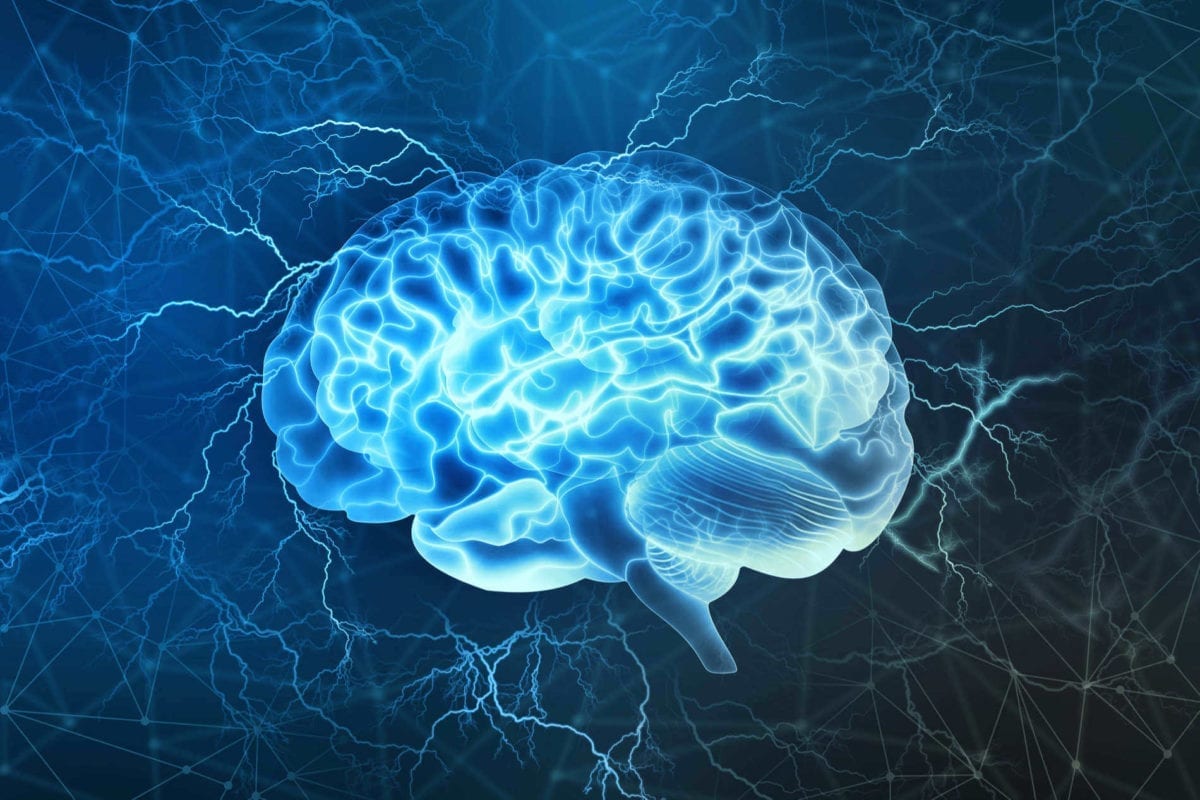
Artificial intelligence is emerging as a potential ally in the realm of parenting challenges. With the advent of technologies like OpenAI’s ChatGPT, researchers and startups have been inspired to explore how AI could simplify the complexities of child care.
The aim is to use AI to interpret a baby’s needs from their cries, potentially offering parents more restful nights (via CNET). This innovative approach could revolutionize nighttime parenting, making the guesswork of deciphering cries a thing of the past.
Introducing Cappella’s Baby Monitoring Software
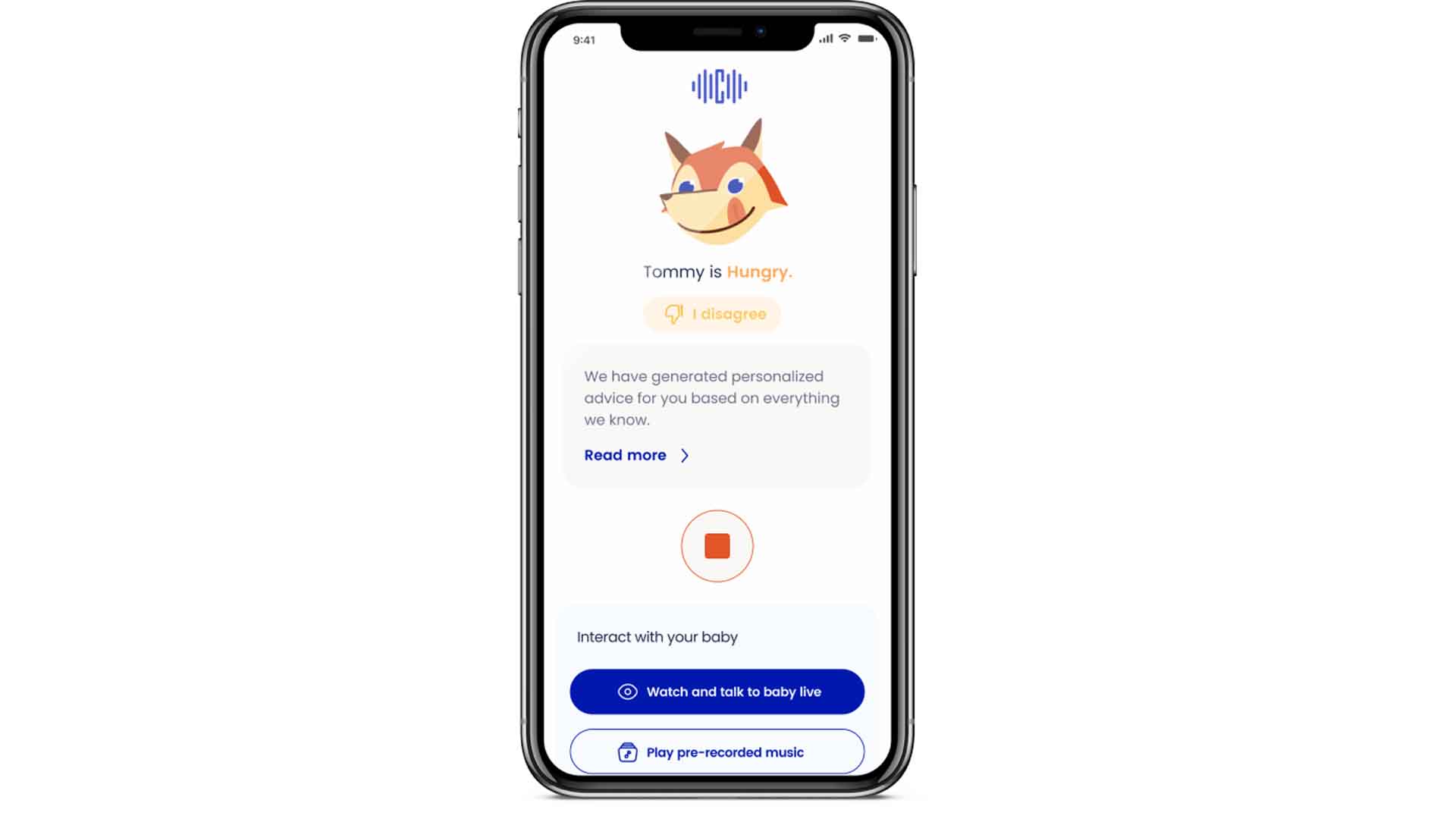
One of the front-runners in this technological venture is Cappella, led by Appolline Deroche. The company has developed software that uses AI to provide insights into why babies cry.
Mounted on the crib, a repurposed iPhone runs Cappella’s app, analyzing the baby’s cries and informing parents whether their child might be hungry, needs a diaper change, or is simply tired. This approach aims to streamline the care process, potentially enabling parents to address their baby’s needs more efficiently and return to sleep sooner.
The Science Behind the Software
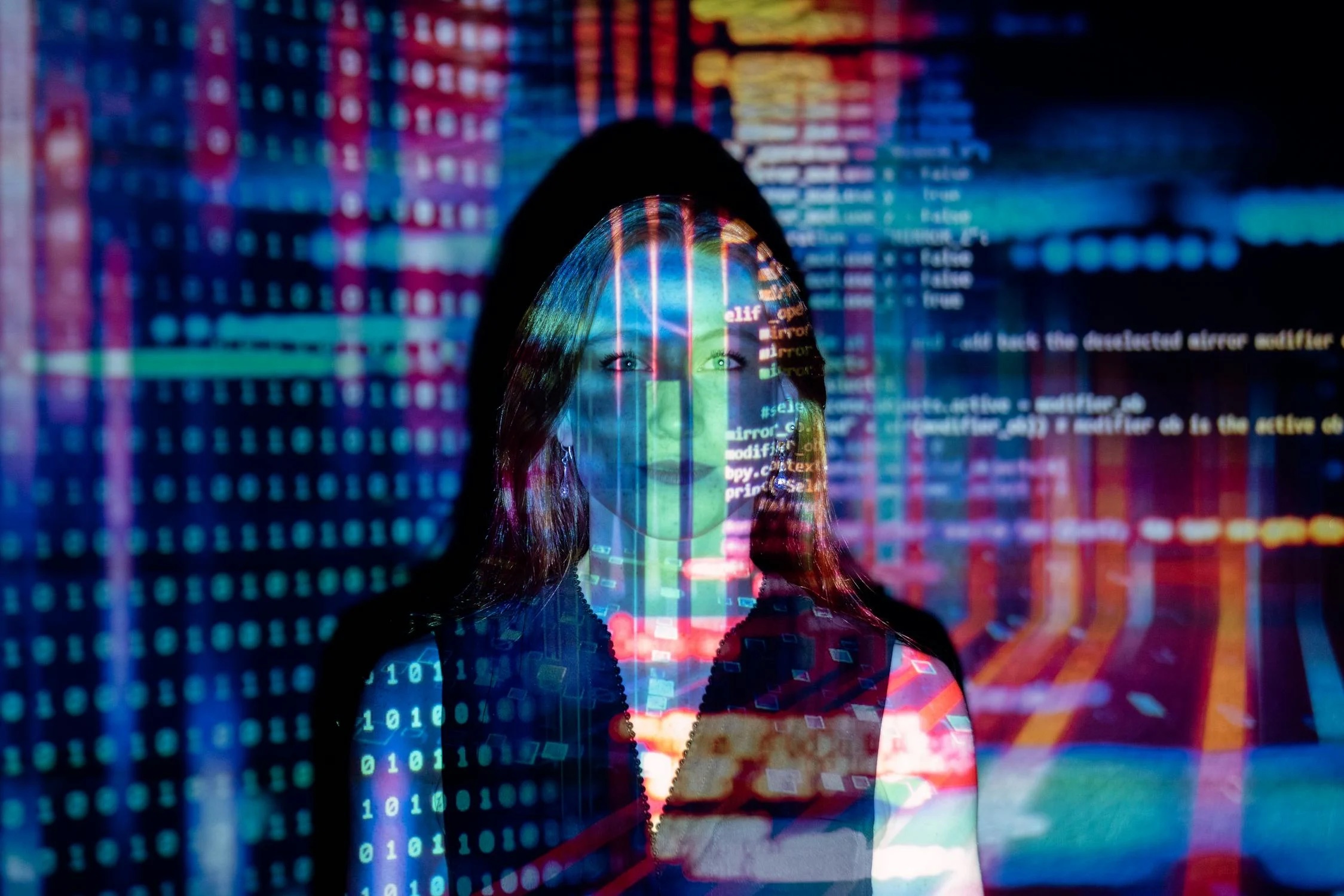
According to their website, Cappella’s innovative solution is grounded in extensive research and collaboration with maternity wards. By recording the sounds of babies crying and having these sounds annotated by doctors for accuracy, Cappella ensures the app’s suggestions are based on solid scientific foundations.
This rigorous approach to training their AI algorithm underpins the app’s ability to differentiate between various types of cries, offering parents a sophisticated tool to aid in their child care.
Universal Language of Babies
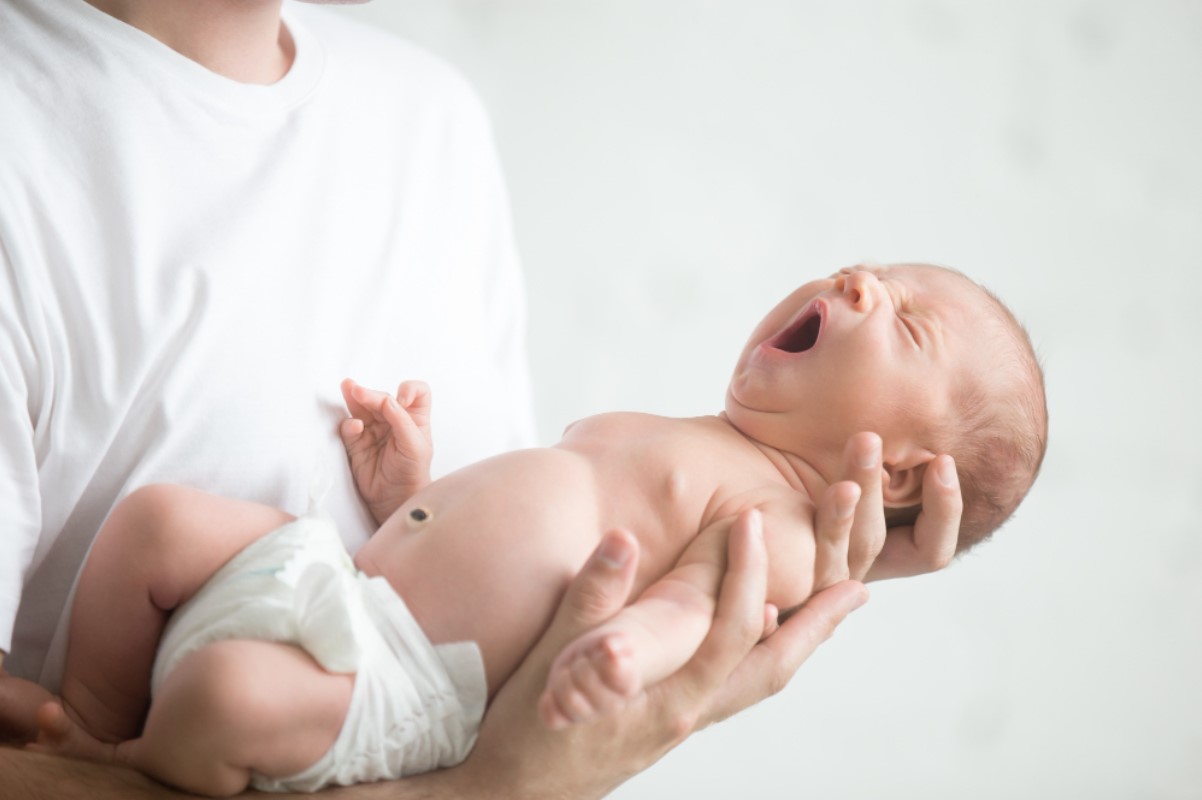
Despite the varied tapestry of human language and culture, Cappella’s technology is designed to recognize the universal aspects of babies’ cries.
This universality means that parents from around the globe can benefit from the app, regardless of language barriers.
Limitations and Lifespan of the Tech
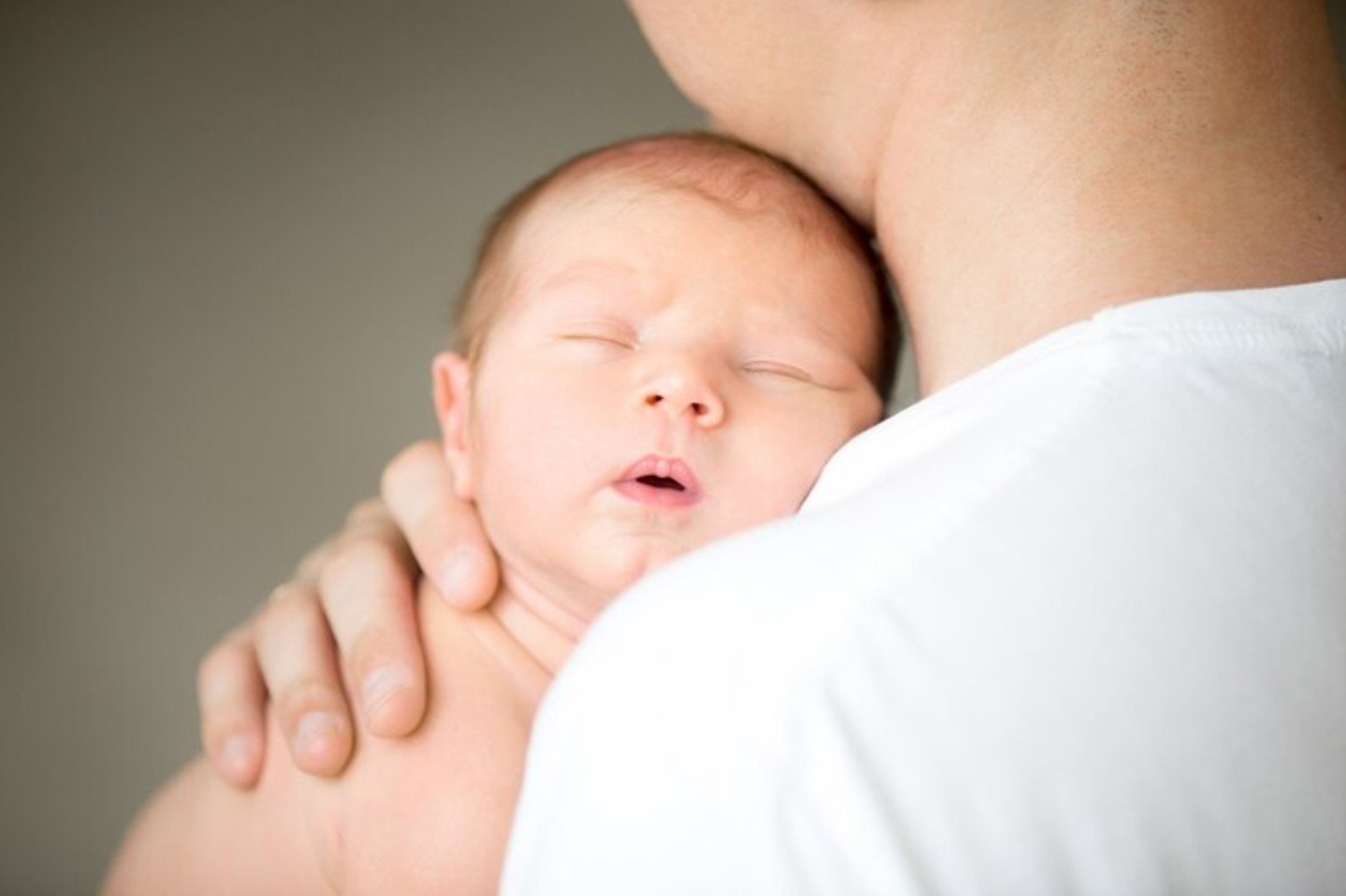
While Cappella’s technology offers an innovative solution for interpreting babies’ cries, it’s recognized that its effectiveness is not indefinite. The app is most useful during the first six months of a baby’s life, a period after which a baby’s communication becomes more complex.
Deroche notes that after this period, the app can continue to serve as a conventional baby monitor, reflecting an understanding of the evolving needs of both parents and children (via the The Daily Beast).
Chill Baby Technologies: Beyond Cry Translation

While Cappella focuses on translating cries, Chill Baby Technologies, under the leadership of Jason Lowe, takes a broader approach to integrating AI into baby safety. From climate-controlled strollers to car seats that monitor temperature and safety, the company’s products represent a comprehensive effort to enhance infant well-being.
According to a press release, their latest innovation, Cammy, is an AI-equipped high chair camera that monitors for potential dangers, such as choking or allergic reactions, offering parents an added layer of reassurance.
The AI High Chair Camera

Cammy, the AI high chair camera, exemplifies the proactive use of technology to safeguard infants. By alerting parents to potential choking incidents or allergic reactions, the device could play a critical role in preventing accidents during meal times.
This level of monitoring and alert provides an additional safety net, reflecting the evolving role of technology in enhancing traditional aspects of child care.
A Balance Between Technology and Touch
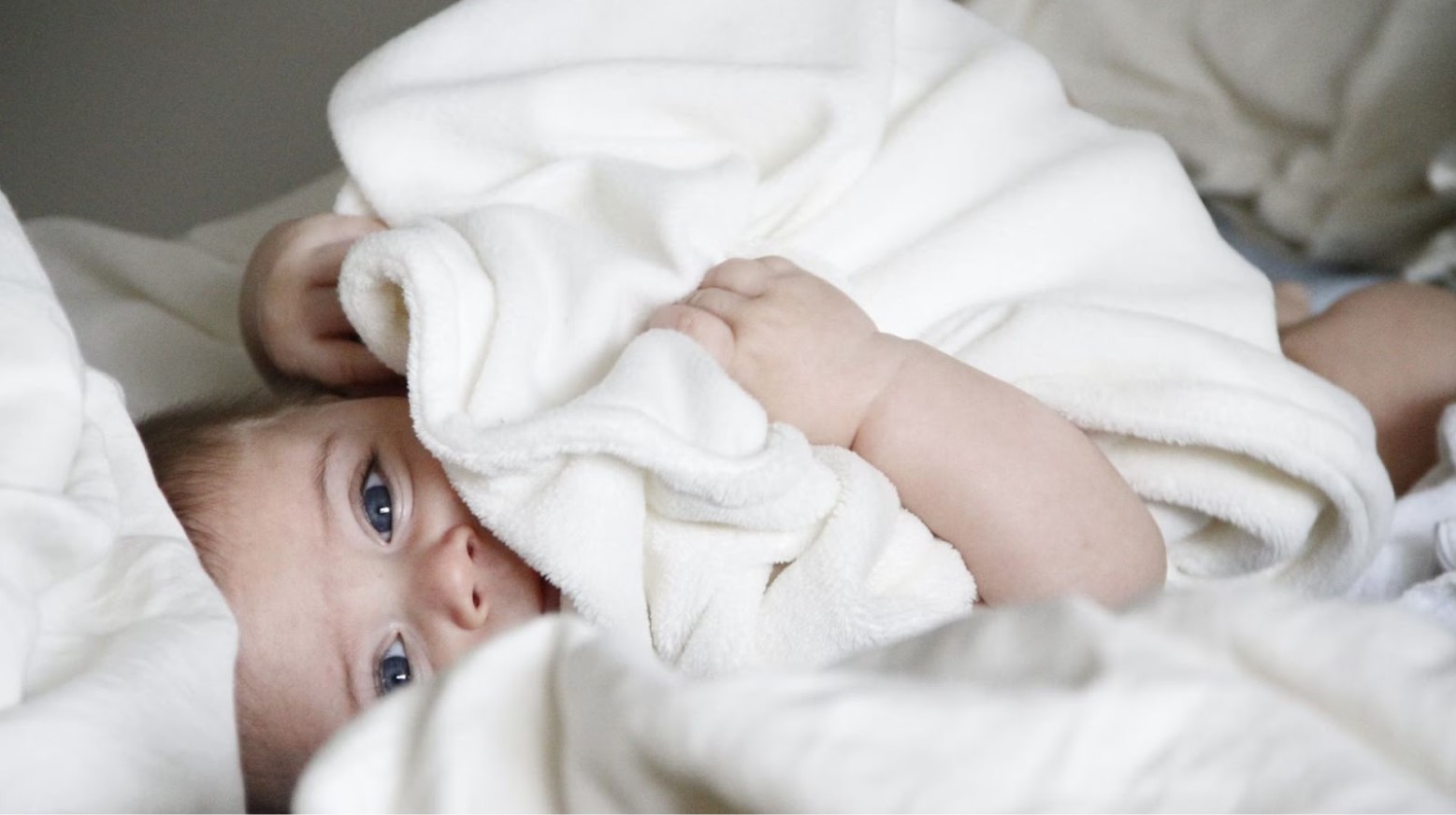
As AI begins to play a more significant role in child care, concerns arise about the balance between technological reliance and human interaction. Experts emphasize the importance of maintaining direct, meaningful engagement between parents and their children, especially during the critical early years of development (via Iris Center).
The challenge lies in leveraging technology to support, rather than supplant, the irreplaceable elements of human caregiving.
Ethical Considerations and Future Directions
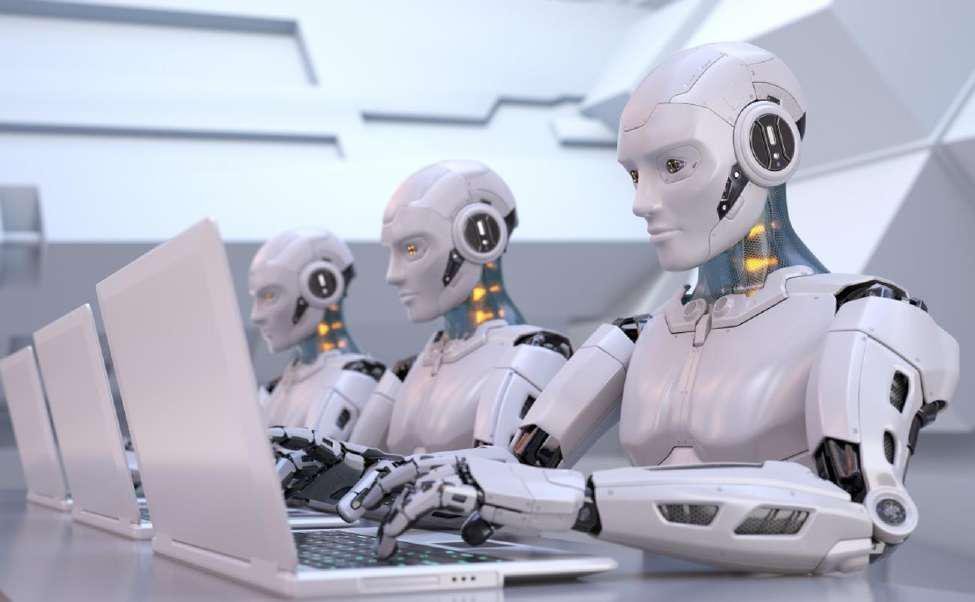
The integration of AI into child care also raises ethical questions, from data privacy to the long-term impacts on child development. As companies like Cappella and Chill Baby Technologies pave the way, they navigate these concerns with an eye toward responsible innovation.
The ongoing dialogue between technology developers, parents, and child development experts is crucial in shaping a future where AI supports healthy childhood development.
Experts’ Views on AI and Child Care
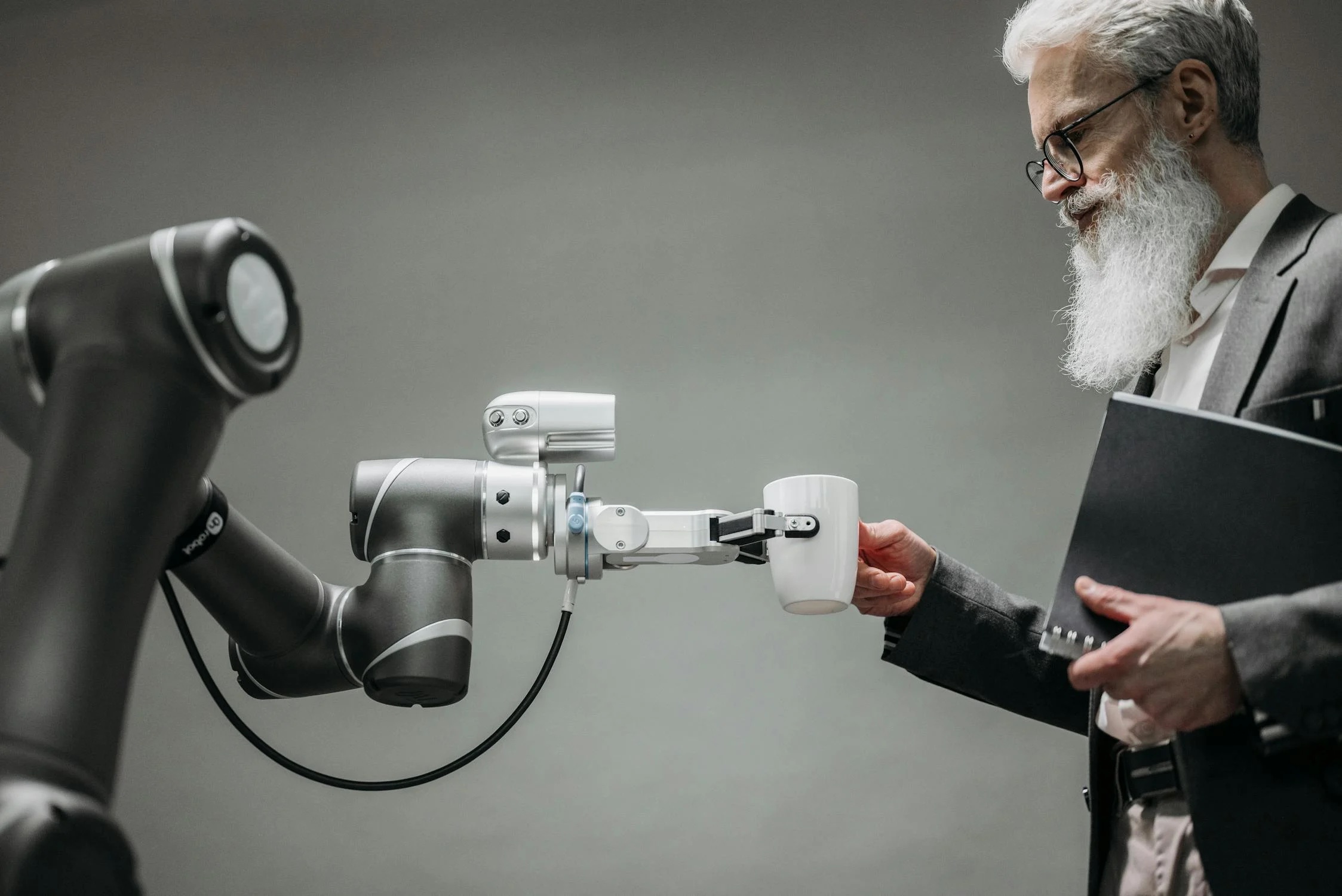
Child development experts stress the need for a nuanced approach to incorporating AI into child care. The goal is to ensure that technology serves as a tool that enhances, rather than replaces, the critical early interactions that are so pivotal to development.
This perspective guides the conversation on how best to integrate these advancements in a way that respects the complexity of human growth and learning.
The Future of AI in Parenthood

Exploring AI in parenting opens up new horizons for technological innovation and the experience of raising children. As startups like Cappella and Chill Baby Technologies continue to develop and refine their offerings, the potential for AI to assist in various aspects of parenting will likely expand.
This journey reflects a broader trend of seeking technological solutions to age-old challenges, promising a future where technology and caregiving intersect in meaningful, supportive ways.








































